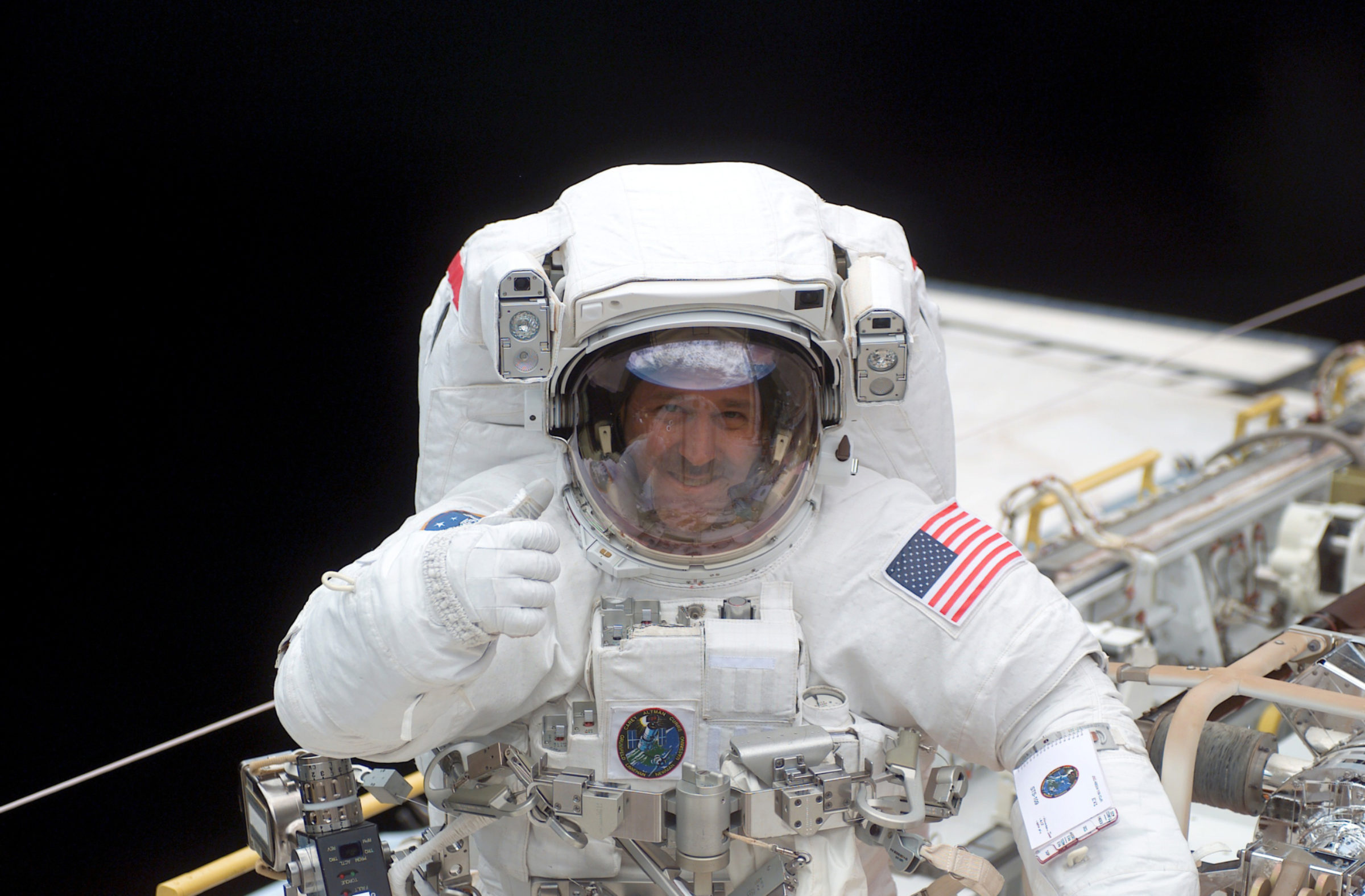The Planetary Society Appoints John Grunsfeld to Board of Directors
For Immediate Release
December 16, 2022
Contact
Danielle Gunn
Email: [email protected]
Phone: +1-626-793-5100

Pasadena, CA (Dec 16, 2022) — The Planetary Society, the world’s largest and most effective space advocacy group, announced the appointment of retired NASA astronaut John Grunsfeld to its board of directors.
Grunsfeld has previously served as Associate Administrator for NASA’s Science Mission Directorate and Chief Scientist at NASA Headquarters in Washington, D.C. He led the development of NASA’s Earth Science, Astrophysics, Planetary Science, and Heliophysics science activities, including the James Webb Space Telescope (JWST) and the NOAA weather satellite program. While at NASA, he ensured microphones were put on the Perseverance Rover enabling humanity to hear the sounds of Mars. Previously he served as the Deputy Director of the Space Telescope Science Institute, managing the science program for the Hubble Space Telescope and JWST. He is the founder and president of Endless Frontier Associates, an aerospace engineering firm specializing in space science, robotics, in-space assembly, and manufacturing
“I’m thrilled to join the board of the Planetary Society at a time when our exploration of the solar system and the cosmos is growing by leaps and bounds,” said Grunsfeld. “The Planetary Society is integrally engaged in humanity’s investigations of our cosmic neighborhood and in helping to share the excitement of exploration with everyone on planet Earth and inspiring the next generation of explorers.”
Grunsfeld brings impressive planetary science experience to the Society’s board, with a special interest in exoplanet studies, future astronomical instrumentation, and the search for life beyond Earth. He is a veteran of five space shuttle flights, logging more than 58 days in space and 50 hours and 30 minutes of spacewalk time. He performed eight spacewalks to service and upgrade the Hubble observatory, becoming known as the “Hubble Repairman.” He was inducted into the Astronaut Hall of Fame in 2015.
“Although he made his mark, or left his fingerprints, on the Hubble Space Telescope he understands, better than just about anyone, the complementary roles of humans and robotic spacecraft,” said CEO Bill Nye. “He wants to help us explore other worlds. I’m just delighted that he’s joined us.”
Originally from the Chicago area, John graduated from the Massachusetts Institute of Technology in 1980 with a bachelor's degree in physics. He earned a master's degree and, in 1988, a doctorate in physics from the University of Chicago. From Chicago, he joined the faculty of the California Institute of Technology as a Senior Research Fellow in Physics, Mathematics and Astronomy. He was appointed a Professor of Physics at the Johns Hopkins University in 2010.
Responsible for governing and setting the organization’s policies and future directions, The Planetary Society’s volunteer board of directors is made up of leaders chosen for their passion for and knowledge of space exploration and business leadership.
The Board now comprises 12 appointees: Daniel T. Geraci, chairman; Bethany Ehlmann, president; Heidi Hammel, vice president; Jim Bell, secretary; Lon Levin, treasurer; Bill Nye, CEO; John Grunsfeld; Bijal “Bee” Hayes-Thakore; John Logsdon; Robert Picardo; Britney Schmidt; and Dipak Srinivasan.
About The Planetary Society
With a global community of more than 2 million space enthusiasts, The Planetary Society is the world’s largest and most influential space advocacy organization. Founded in 1980 by Carl Sagan, Bruce Murray, and Louis Friedman and today led by CEO Bill Nye, we empower the public to take a meaningful role in advancing space exploration through advocacy, education outreach, scientific innovation, and global collaboration. Together with our members and supporters, we’re on a mission to explore worlds, find life off Earth, and protect our planet from dangerous asteroids. To learn more, visit www.planetary.org.
###


 Explore Worlds
Explore Worlds Find Life
Find Life Defend Earth
Defend Earth

